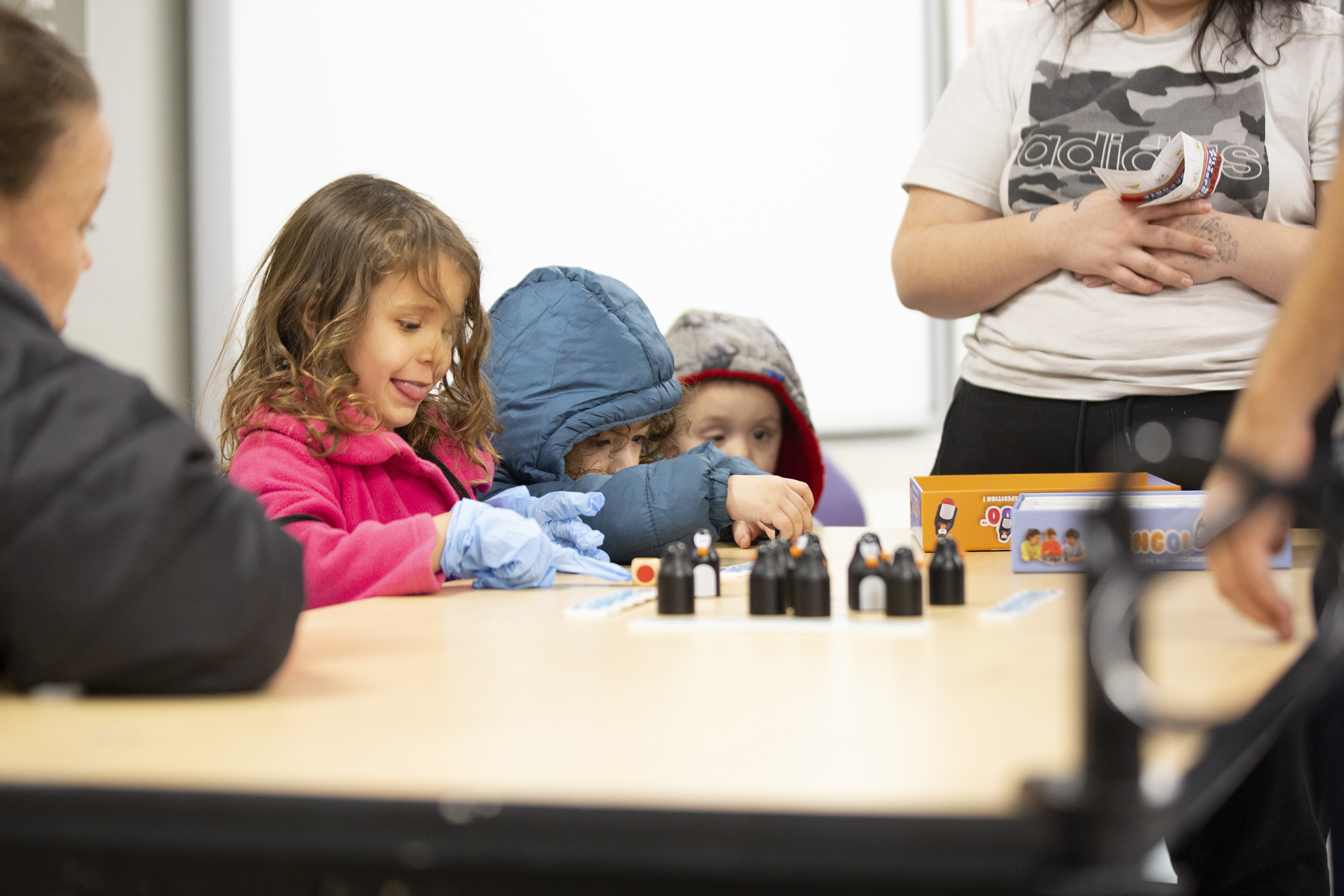Promise Community Schools
Transforming the Education Environment for Utah Students
Promise Community Schools are more than just places of learning; they are vibrant hubs of the community, nurturing the growth and development of our students and families, ensuring they have the resources they need to thrive. They are a strategy that utilizes the strengths of students, families, community organizations, and schools. They are a system that educates and meets the needs of the whole child and intentionally functions the way the name implies – like a community.
Partnering with Schools to Contribute to the Success of Every Student
The Promise Partnership collaborates with schools to address systemic challenges and transform Utah’s education environment to ensure the success of every student, no matter their race, zip code, or family income.

Promise Community Schools Create Positive and Collaborative Learning Environments by:
1. Engaging families as partners and collaborators.
By establishing a few key goals for each class, teachers are better able to communicate with what the students will be learning and align family engagement with existing school improvement goals. School staff work with families to understand the goals and build resources so families are better positioned to support students and act as collaborators in their child’s education. Schools support family engagement through home visits, family nights, and other opportunities.
2. Creating rigorous, accessible, and engaging curricula with highly qualified teachers.
Teachers and administrators engage students in a variety of different ways including project-based learning, including AP classes in all student schedules, and integrating support systems to increase academic outcomes. Creating time to collaborate with other educators allows teachers to find innovative ways to provide rigor for every student in their class.
3. Promoting the education of the whole child.
Teachers approach education of students from a whole-child perspective—an understanding that students’ education and life outcomes are dependent upon their access to safe and welcoming learning environments and rich learning experiences in and out of school (Learning Policy Institute). Family connectors or outreach coordinators offer support to students and their families in accessing resources to remove barriers to success in the classroom. Ideally, all students are able to create their own learning path. We work with teachers to promote independent learning by discovering ways that students can learn for themselves through group projects and problem-solving.
4. Collaborating with partners.
Schools create a welcoming and collaborative environment for partners to engage with students and families. Partners including families, volunteers, community organizations, and businesses align their support with student needs and school goals.
5. Using data to drive classroom instruction and school strategy to promote student success.
Schools consistently use both quantitative and qualitative data for decision-making. Through data collection, teachers recognize when students have not mastered a subject and determine how to reteach the material to ensure those students do not fall behind. Promise Schools take this practice a step further by sharing data across partner organizations. This allows the communication of a program and its impact on student success to be clear and transparent.
6. Aligning educational opportunities from cradle to career.
Schools work with their feeder pattern (which consists of a high school and the elementary and middle schools that funnel into it) to support the transition of students. This helps build connections between early childhood education and post-secondary opportunities so students are supported through their entire educational journey.
The Utah Coalition for Community Schools champions these strategies to increase the impact of Community Schools across the state of Utah. Promise Partnership Utah staff provide backbone support to Promise Schools by contributing expertise in cradle-to-career alignment, partnership building, research and data. Our team works with schools and communities to find innovative ways to close opportunity gaps. We align our work with the schools’ goals and support centering student and family voice.
Support Promise Community Schools
Volunteer
United Way of Salt Lake helps mobilize volunteers to support Promise Community Schools.
Explore Opportunities
